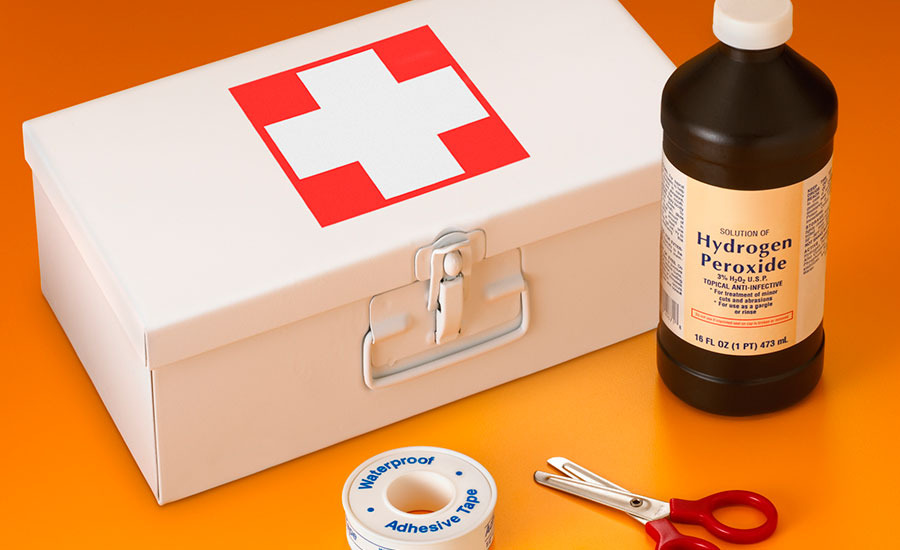People are usually very good at keeping things out of their eyes. Eyelashes help protect the eyes, our reflexes can snap our eyelids closed to block objects and our tears will wash out most dust or dirt that does get by. But accidents can still happen. Housework and sports are common eye injury causes. But even cooking or holding a small child can get you an unexpected eye injury.
If you're having pain, a feeling that something is stuck in your eye, or tearing and redness, then you might have scratched your eye. You might have symptoms right away, or the symptoms may start or get worse hours after the injury.
Some kinds of scratches are called corneal abrasions. A corneal abrasion is a scratch or scrape on the cornea, the clear, round dome covering the eye's iris and pupil. By helping to focus light as it enters the eye, the cornea plays an important role in vision. When a corneal abrasion scars the cornea, it can affect vision. Other corneal abrasion symptoms can include blurry vision, sensitivity to light and headache.
See your ophthalmologist if you scratch your eye. Most corneal abrasions are minor and will heal on their own in a few days. Your ophthalmologist may treat a corneal abrasion with antibiotic eye drops or ointment or use steroid eyedrops to reduce inflammation and reduce the chance of scarring.
The best way to deal with a scratched eye, though, is to avoid getting one in the first place. If you are going to be engaged in an activity where you risk injuring your eye, make sure you use protective eyewear.
If you do scratch your eye, here are some things you should — and should not — do:
- DO rinse your eye with saline solution or clean water. If you don't have an eyecup, use a small, clean glass. Rest the rim of the glass on the bone at the base of your eye socket, below your lower eyelid. The water or saline solution may flush the foreign object from your eye.
- DO blink. Blinking can help get rid of small bits of dust or sand in your eye.
- DO pull your upper eyelid over your lower eyelid. The lashes from your lower eyelid may be able to brush away any foreign object caught underneath your upper eye lid.
- DO wear sunglasses. If your eye is sensitive to light because of the scratch, sunglasses will lessen the symptoms while you heal.
- DON'T rub your eye. You may be tempted to do so, but rubbing your eye can make the abrasion worse.
- DON'T touch your eye with anything. Fingers, cotton swabs and other objects won't help remove the foreign object and could hurt your eye more. Remember that the object that caused the scratch could be gone even though you still feel as if something is in your eye.
- DON'T wear your contact lenses. Wearing your contact lenses will slow the healing process and could cause complications.
Source: American Academy of Ophthalmology www.aao.org







